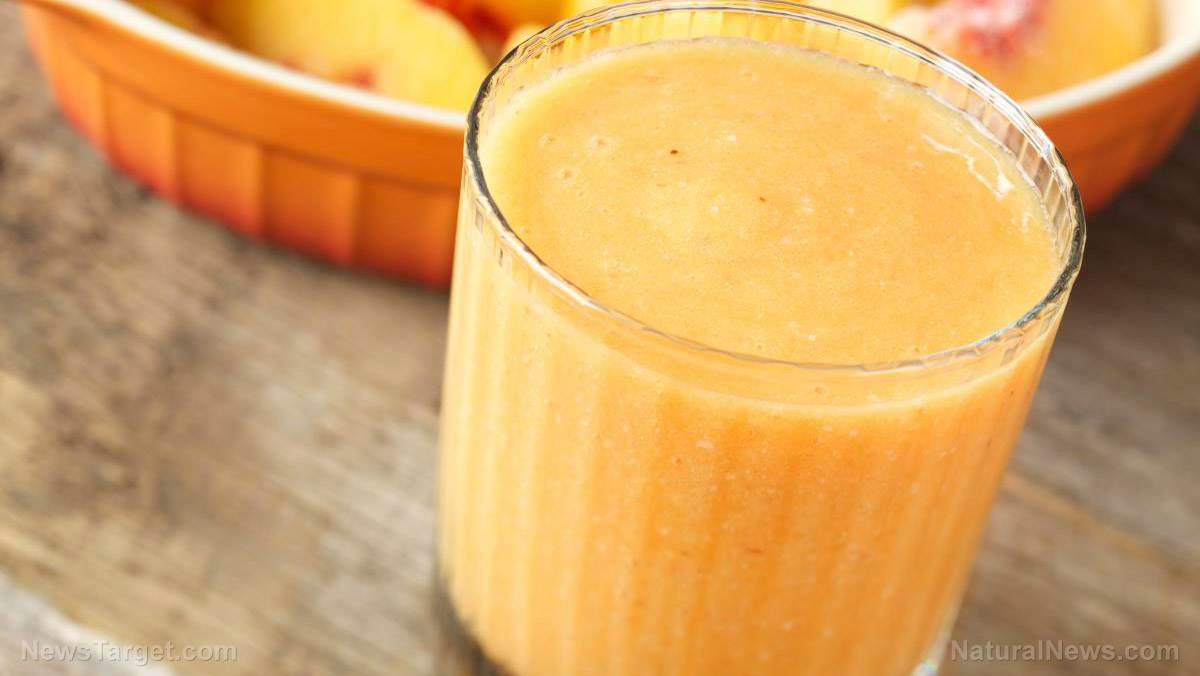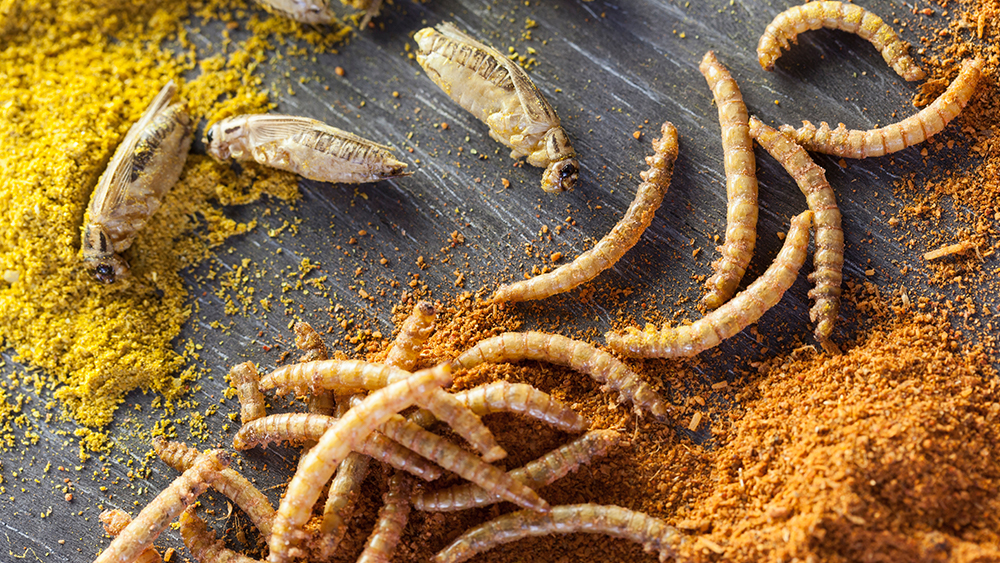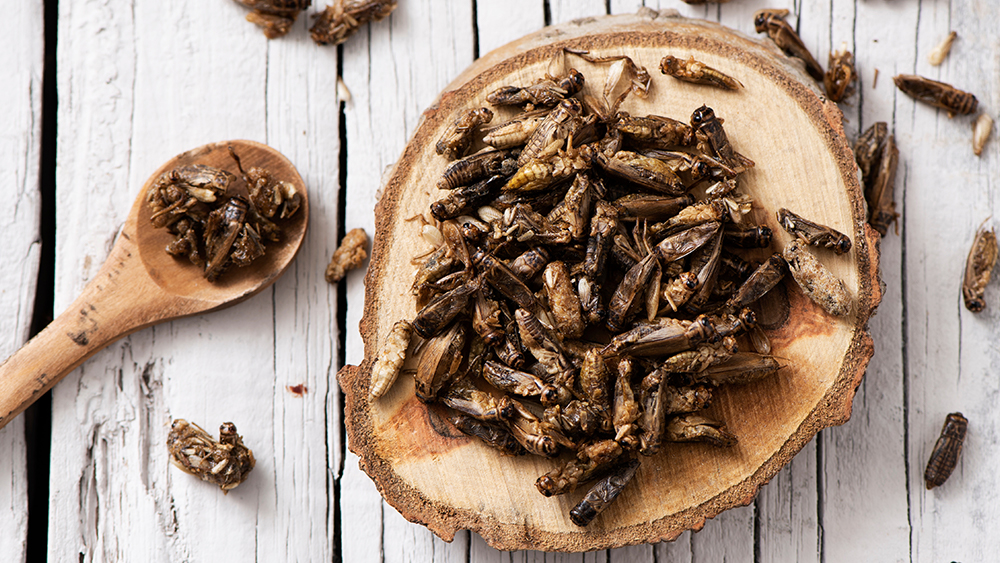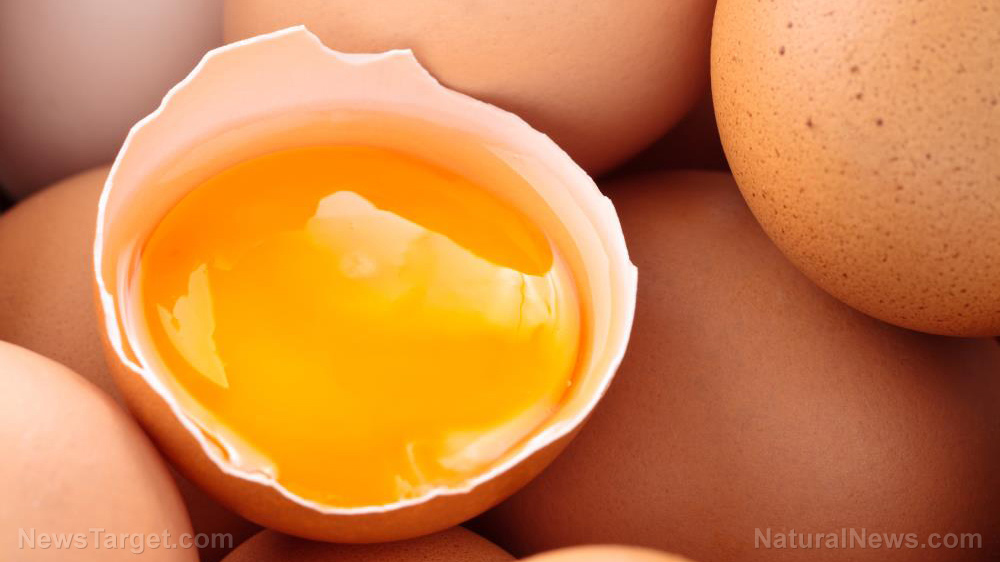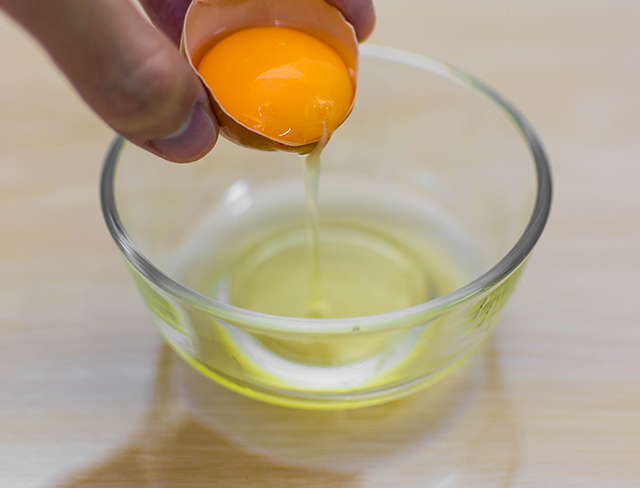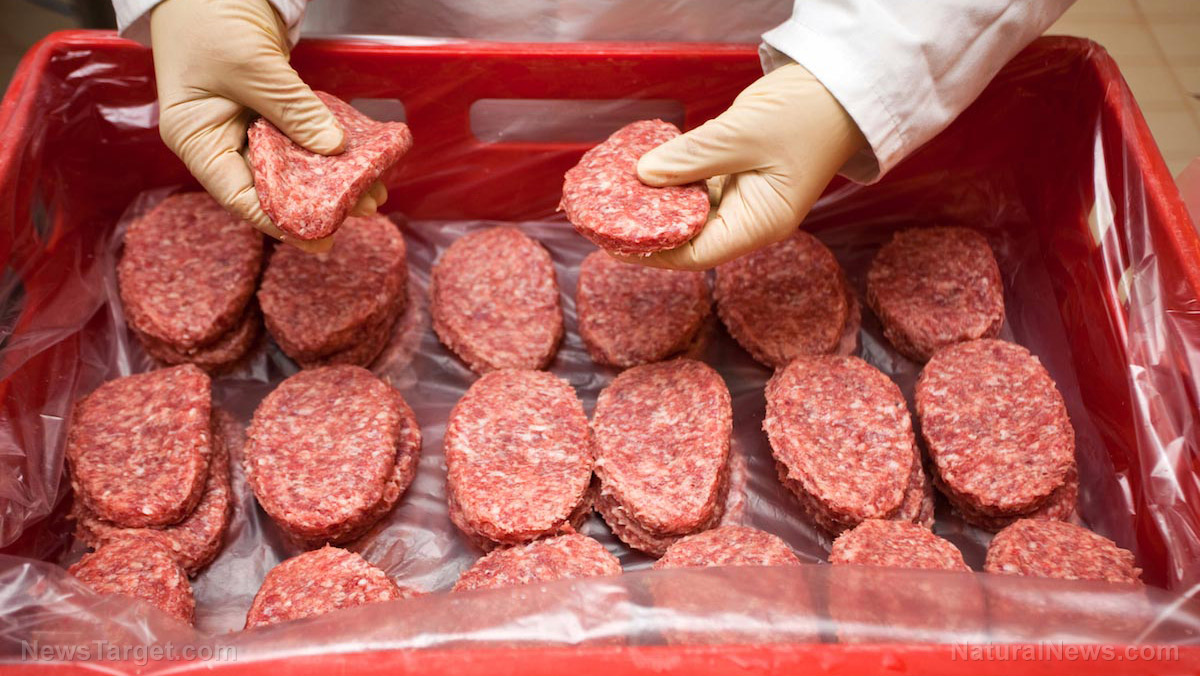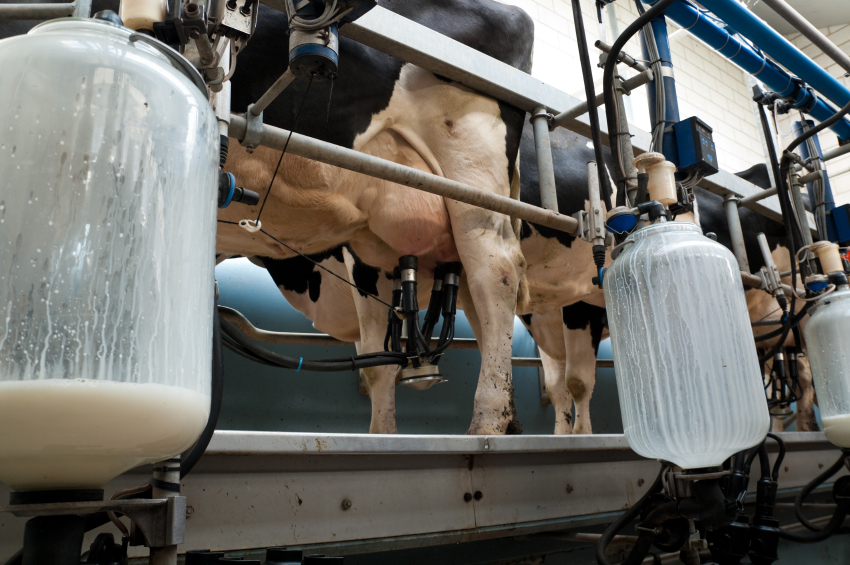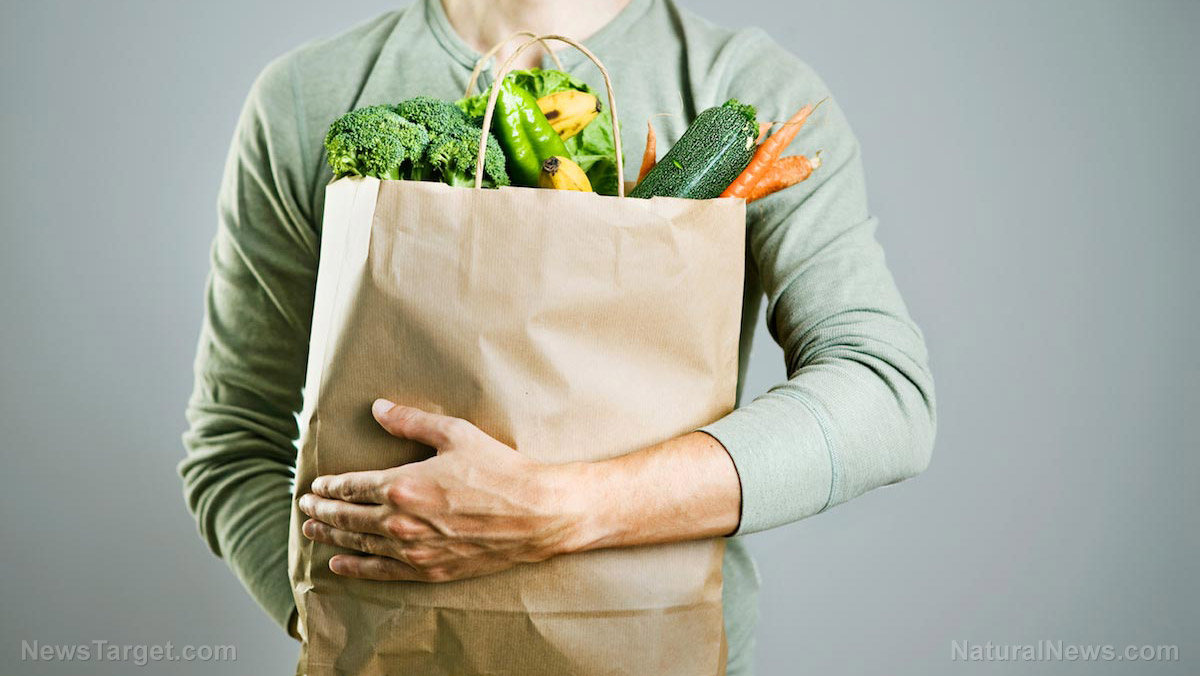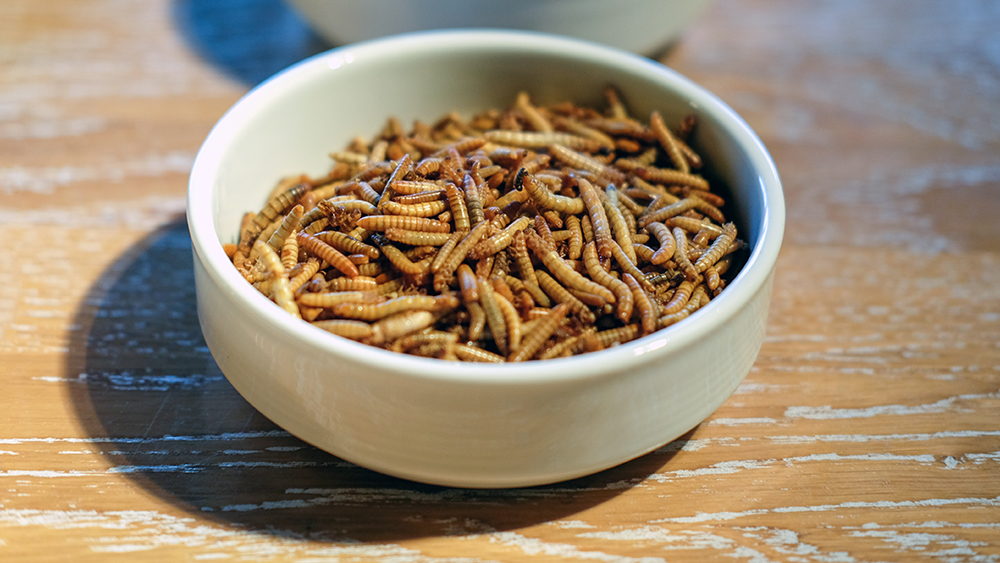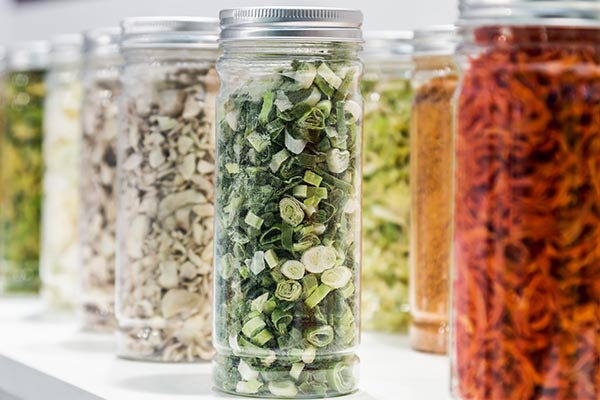With Big Tech’s help, a handful of large corporations are seizing control of the global food supply
02/16/2023 / By Ethan Huff

As 2022 was coming to a close, The ETC Group released a report highlighting how the world’s “Food Barons,” also known as multinational corporations with deep pockets, now control pretty much every element of the industrial food and agriculture chain.
Entitled “Food Barons 2022 – Crisis Profiteering, Digitalization and Shifting Power,” the report examines the various corporations in charge of each of the 11 key industrial agri-food sectors, which are:
• Seeds
• Agrochemicals
• Livestock genetics
• Synthetic fertilizers
• Farm machinery
• Animal pharmaceuticals
• Commodity traders
• Food processors
• Big Meat
• Grocery retail
• Food delivery
Just four to six dominant firms, the report reveals, control every single one of these sectors. This allows them to wield enormous control over not just the food markets but also agricultural research and policy development.
With this handful of large corporations at the helm of the global food supply, the World Economic Forum’s (WEF) climate change agenda is being implemented with much greater ease than if food was still controlled by We the People.
(Related: Learn more about how multinational corporations have been taking over America’s food supply for many years.)
Digitalization of the food supply giving corporations even more power over what you eat
Big Tech is also directly involved in the food supply takeover, which would not be possible without digitalization, which is often lumped under the banner of artificial intelligence (AI). Health Impact News investigated the report and came to the following conclusion about it:
“Everything and anything related to digital computer technology these days are being labelled as Artificial Intelligence (‘AI’), the new marketing buzzword for Big Tech to lure money from investors, so it should not surprise us that Big Tech is now attempting to apply AI to food production.”
Right now, the tech industry is busy developing what are known as “techno-fixes” that its members claim will address a variety of social and environmental problems. The truth is that these techno-fixes are conceived and designed “to entrench corporate control over food and agriculture even further.”
“Up and down the industrial food chain, the digitalization of food and agriculture emerges as the new techno-fix of the day,” Health Impact News further reported. “Our ongoing research reveals that every sector of the Industrial Food Chain is in the process of transforming into a digital enterprise.”
“At the same time, Big Tech is becoming tightly entangled with industrial food production. Data extracted via digital technologies is now itself a commodity: The Industrial Food Chain relies on Big Data to grow, process, trade, track, sell and transport its products.”
Industrial farms now feature AI-driven drone sprayers, robotic planters, and automated animal-feeding tools that allow farmers to never even have to set food on the soil. There is even facial recognition for livestock, if you can believe it.
Bayer, Deere & Company, Corteva, Syngenta, and Nutrien, which are among the top Big Ag corporations, heavily rely on Big Data and digitalization to expand their Big Food portfolios, and thus the overall food supply.
“Deere, the world’s largest farm machinery company, now employs more software engineers than mechanical engineers,” reports explain.
“On the route to retail, the global grain trading system is getting a digital overhaul as it becomes increasingly automated and products are tracked via blockchain. At the same time, online grocery platforms and food delivery apps (such as DoorDash, Zomato and Deliveroo) surged during pandemic lockdowns and are growing into a whole new ‘last mile’ / last link of the Industrial Food Chain.”
Be sure to read the full report from The ETC Group to learn more.
More news coverage about this issue can be found at FoodCollapse.com.
Sources for this article include:
Submit a correction >>
Tagged Under:
Big AG, Big Food, Big Tech, computing, control, corporations, food, food supply, glitch, globalism, information comodity, information technology, world economic forum
This article may contain statements that reflect the opinion of the author
RECENT NEWS & ARTICLES
COPYRIGHT © 2017 FOOD SUPPLY NEWS

